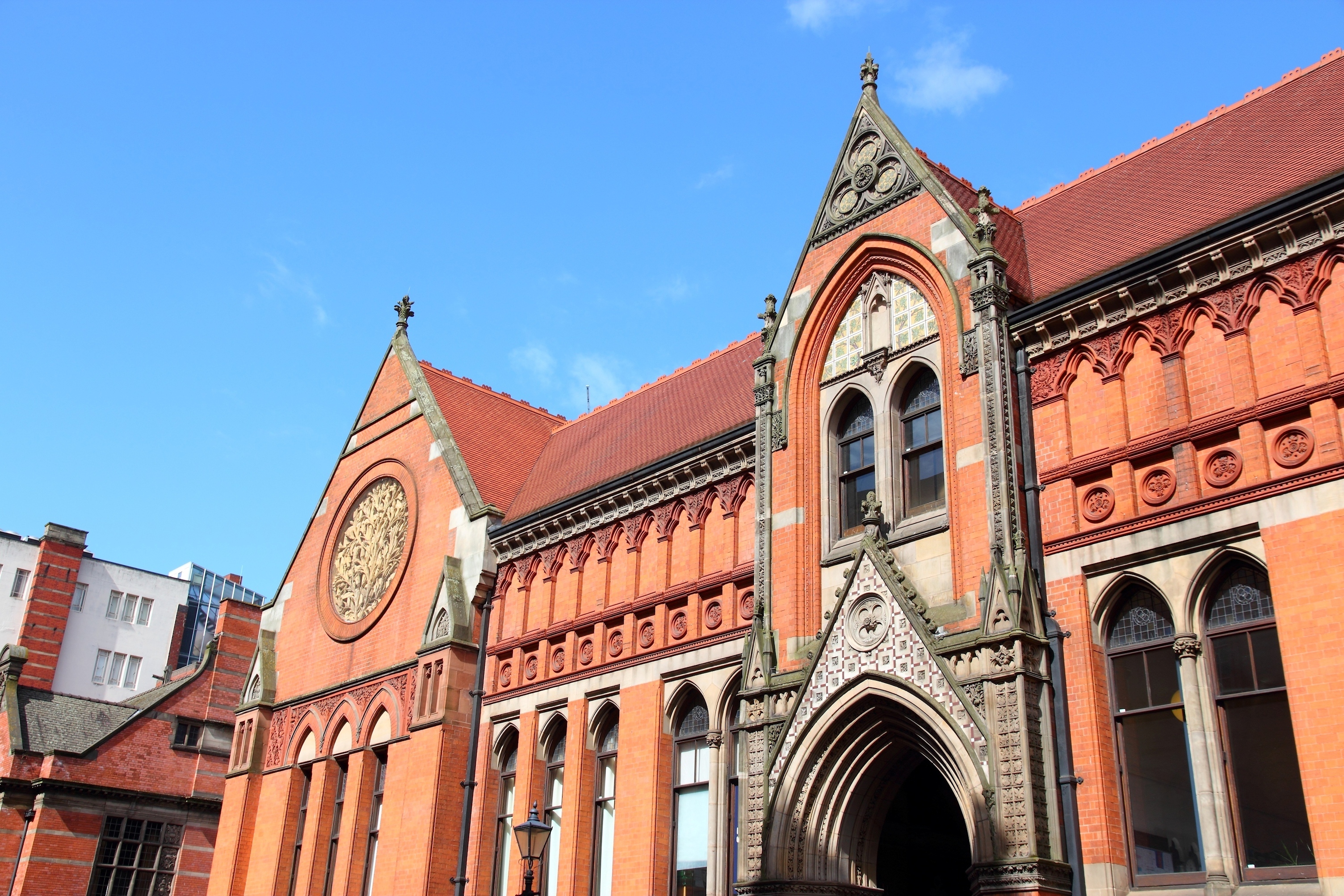
 Birmingham City University has become the first in the UK to announce a dedicated research centre for Brexit and Brexit consequences. Many universities have already crafted reports on the impact of the vote, but this institution is the first to commission an entire organisation to explore the effects this monumental decision will have, and is already having.
Birmingham City University has become the first in the UK to announce a dedicated research centre for Brexit and Brexit consequences. Many universities have already crafted reports on the impact of the vote, but this institution is the first to commission an entire organisation to explore the effects this monumental decision will have, and is already having.
Rather than taking on a specific viewpoint, the Centre for Brexit Studies (CBS) will engage with both the ‘leave’ and ‘remain’ camps to look at the issues which led up to the referendum and its outcome, as well as how both sides feel about the subsequent events. It will also collaborate with businesses and communities to understand how British society is changing as a result.
The general consensus amongst higher education experts is that Brexit will be bad for the UK and for the tertiary education sector; as a result many are doing what they can to mitigate the worst of the Brexit consequences. To coincide with the launch, the university is also releasing a report entitled “Making a Success of Brexit.”
The Director of Research at Birmingham City University, Alex de Ruyter, said:
“With the vote of the UK to leave the EU it is now crucial to gain an understanding of the complexities that Brexit entails for individuals, communities, business and government, whilst clearing up misconceptions around its impact.”
What will the centre research?
 The research carried out at CBS will look predominantly at Brexit consequences in Birmingham and the surrounding area, although these implications may well be reflected across the country. The organisation will look at the economic impact of the vote; the falling pound; the effect it will have on businesses, especially in light of the decision to leave the single market; national security; international security; the increase of hate crimes; radicalisation; and climate change.
The research carried out at CBS will look predominantly at Brexit consequences in Birmingham and the surrounding area, although these implications may well be reflected across the country. The organisation will look at the economic impact of the vote; the falling pound; the effect it will have on businesses, especially in light of the decision to leave the single market; national security; international security; the increase of hate crimes; radicalisation; and climate change.
This news comes after a public hearing at the University of Oxford, where a panel of higher education professionals discussed the possible implications of Brexit for the sector. At the event, the Vice-Chancellor of Oxford Brooks issued a stark warning that Brexit consequences could spell disaster for the UK’s universities.
There are many ways Brexit could harm British institutions, including: a drop in the number of students from the EU; a drop in a number of staff from the EU; a perception of the UK as hostile; an inability to access major European research projects; and the drop in EU funding (of which the UK was a net beneficiary.)
A drop in EU students and staff seems inevitable. The lure of paperwork-free positions across the continent for staff, and vastly increased fees for students, are likely to be major dissuaders. The rise in hate crimes and the collapsing pound could also contribute (though in the short-term the exchange rate makes the UK more affordable). In fact, applications from EU students for undergraduate places at Cambridge have already fallen by 14% this year.
The full effects are not yet clear, but it seems likely that the Centre for Brexit Studies will have a lot to report over the coming years.



